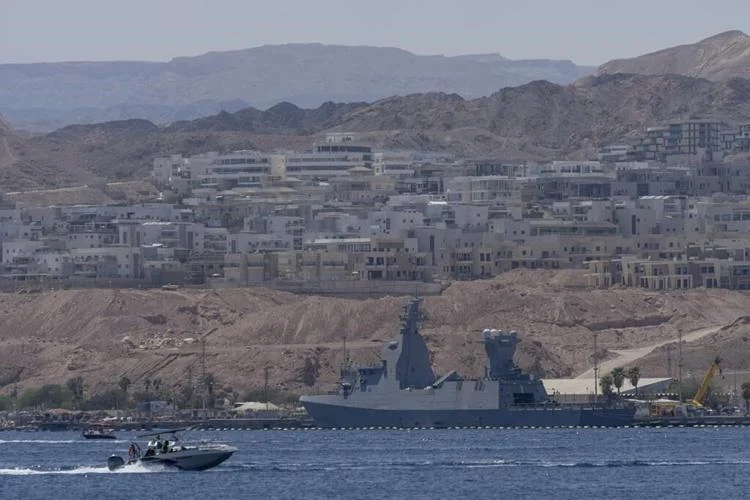
AP Photo/ Ohad Zwigenberg
Israeli Prime Minister Benjamin Netanyahu stated that Israel would determine its response to Iran's recent extensive aerial assault, disregarding pleas for restraint from close allies.
Following Iran's unprecedented attack, regional tensions are high, with allies urging Israel to refrain from actions that could escalate the conflict further.
The diplomatic pressure on Israel intensified after Iran's President Ebrahim Raisi warned of a massive and harsh response to even the slightest invasion of Iranian territory.
The recent escalation began over the weekend when Iran launched hundreds of missiles and drones at Israel in retaliation for an alleged Israeli strike that killed two Iranian generals in Syria. This marked the first time Iran directly targeted Israel militarily, signaling a dangerous escalation in the ongoing conflict between the two nations.
Despite Israel's interception of most of the incoming projectiles, concerns about potential retaliation and further escalation persist. Israel's allies, including the United States, have expressed their support for Israel's right to defend itself but have urged restraint to prevent further violence.
In the face of mounting pressure, Netanyahu remains firm on Israel's prerogative to respond as it sees fit. Meanwhile, Iran has doubled down on its threats, warning of dire consequences for any Israeli aggression.
The situation remains tense as both sides weigh their options, with the potential for further violence looming large. Diplomatic efforts to de-escalate the situation are ongoing, but the risk of a broader conflict continues to cast a shadow over the region.















